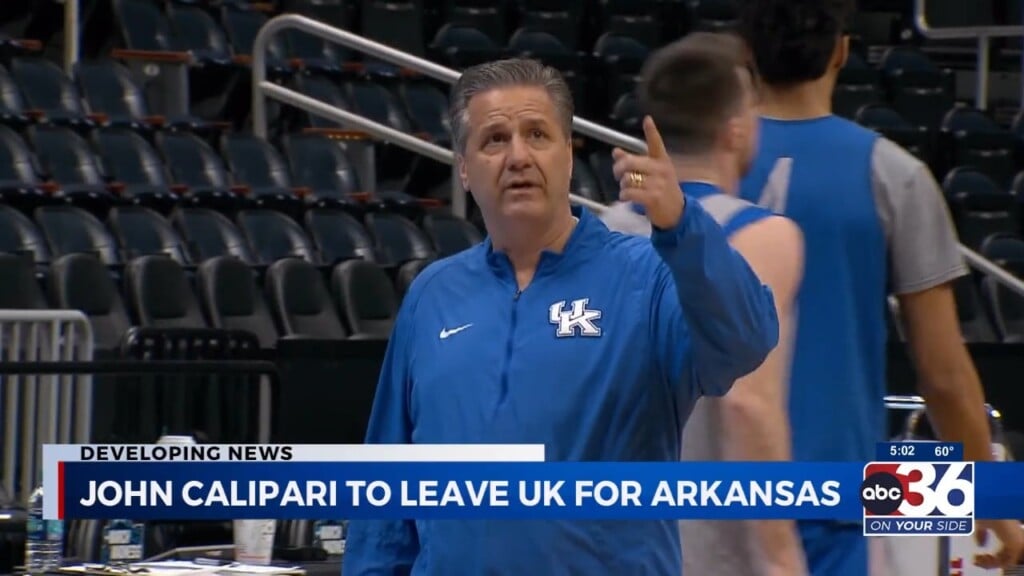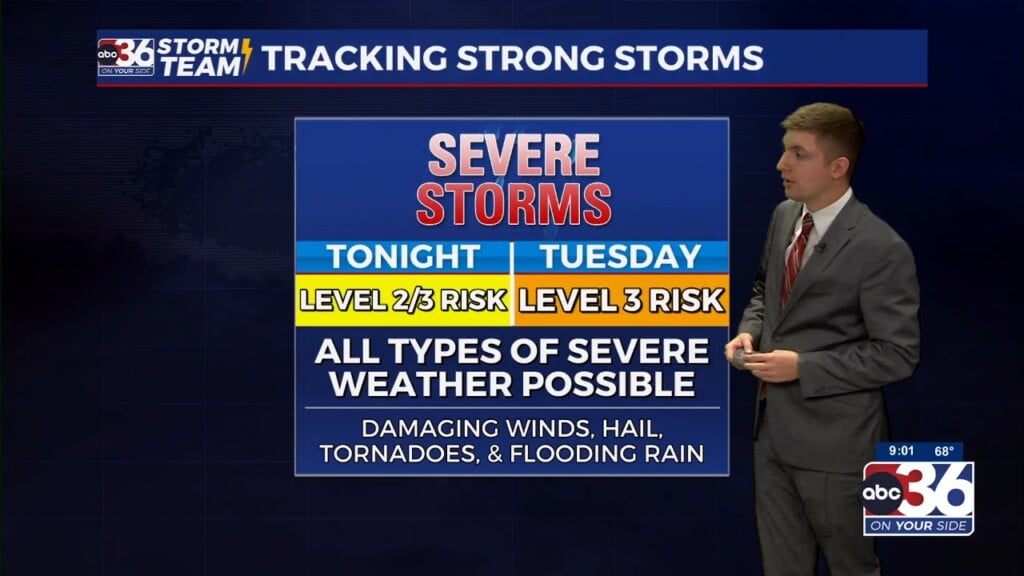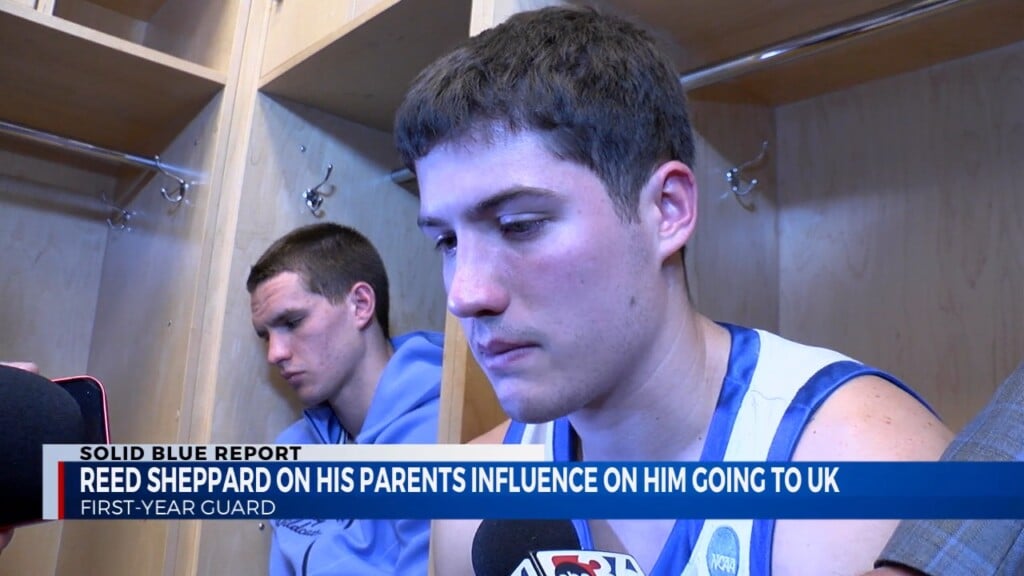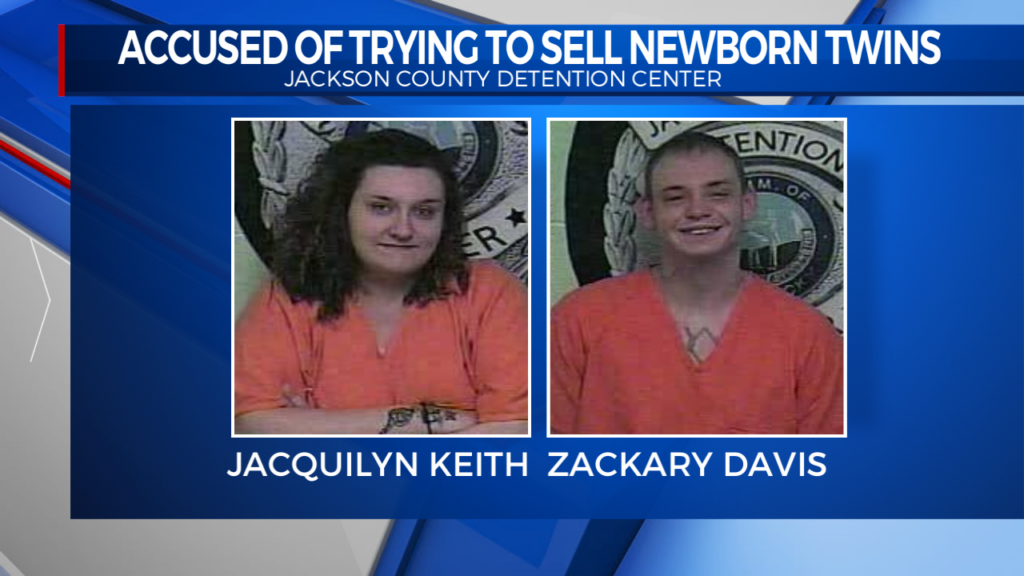SCAM ALERT: ABC 36 anchor shares scam story to help others avoid scams
LEXINGTON, Ky. (WTVQ)- Anyone can fall for a scam. It happened recently to ABC 36 Evening Anchor, Veronica Jean Seltzer.
Earlier this week, she tried selling clothes online for the first time.
Within a couple hours, she received her first offer on Facebook Marketplace.
A man from Alaska wanted to buy a dress for his daughter.
He seemed legitimate. He asked what condition the dress was in and agreed to buy it.
He asked for the email connected to VJ’s PayPal account so he could send payment.
The next day she sent the package and realized almost immediately something was wrong.
After sending the receipt to the buyer, Mike, she received an official looking email, seemingly from PayPal, saying Mike needed to pay more to “expand the account limit”.
That’s when VJ realized, the email wasn’t from PayPal. t was from a Gmail account with PayPal in the name.
It looked sophisticated with a logo and a copyright.
Mike said he’d send money to expand VJ’s account limit as long as he could trust her to pay him back.
She told him right away not to send any money, that something didn’t seem right.
She raced back to the post office and, even with the crazy holiday rush, a postal worker stopped everything to dig through a sea of boxes to find hers, for which she’s so thankful.
The employee told VJ scams of all kinds happen there all the time.
When VJ reported the scam to PayPal, the company wrote her back, saying there’s been an increase in fraudulent emails because of the pandemic.
Heather Clary of the Better Business Bureau of Central and Eastern Kentucky, told VJ especially right now near the holidays, you can buy and sell online, just be careful.
“Lots of legitimate transactions happen there every day, however, this scam could really be hurtful to someone who’s especially suffering because of the pandemic and is trying to get money to pay bills so it’s so important to warn about the red flags so you don’t get taken and ripped off for more money,” Clary said.
Here are the red flags Clary pointed out:
Red flag number 1: The email address of origin. All the ones alleging to be from PayPal use some form of the name in the first part, but the extension is gmail.com, not PayPal.com which is what they would use. ANYONE can establish a gmail account. He is hoping you will assume everything is correct and just send the item to him without checking your own account and you will just believe him and send more money. If you are doing it as “friend or family”, there is NO PayPal protection for you. That’s why I wondered about that part. In fact, I haven’t been able to find a thing on PayPal about a limit, whether you are sending to Friend/family or “buying good or service” like it mentions. So his whole point on that would be moot if I am understanding this correctly.
https://www.paypal.com/us/smarthelp/article/faq638
Red Flag number 2: If you are sending money to another verified PayPal account, even if you DON’T have a Paypal account, there is a very high limit to the amount you can send in a one time payment..$4000. So $400 should be no problem.
Red flag number 3: This guy is an English teacher’s nightmare! He’s sending emails that allege to actually be from PayPal bur are not… “neither the payer nor the payee will loose fund in this transaction”? “ to enable your account to have a fund maximum limits”?. Just those two things shown on screen as an example of the suspicious nature of the email, as a professional business such as PayPal would not use syntax like that.
In addition, another common tactic a con artist will use in all the different types of buy/sell scam attempts was used in this one….”sweetening the pot” with more money “because you’ve been so helpful, for your extra effort” etc. in an attempt to gain your trust.
There are pages on PayPal’s site that talk about sending them phony emails and websites you come across that they can investigate. I think they said use spoof@paypal.com
VJ thinks the buyer was trying to get money from her by claiming he was helping, paying PayPal to expand her account limit, but then he would’ve wanted her to pay him back and she would’ve walked away with no money, having also lost an expensive dress.
Luckily, she thinks she only gave him her email address, but she also changed a lot of passwords and hopes this is over.
Do not be embarrassed to report a scam you may have fallen for. It could help others.




Leave a Reply